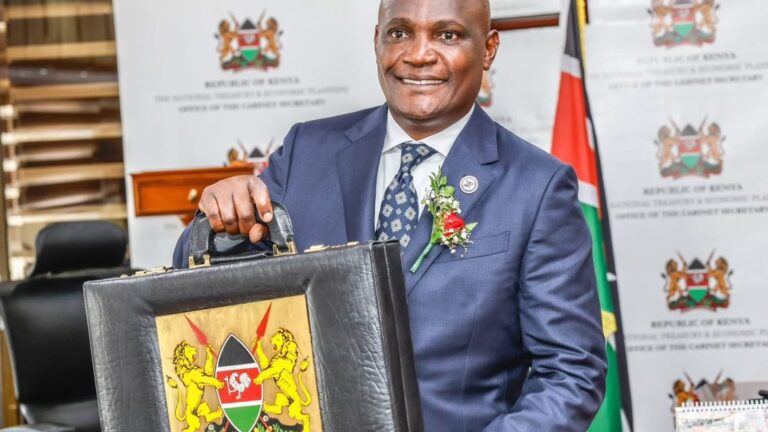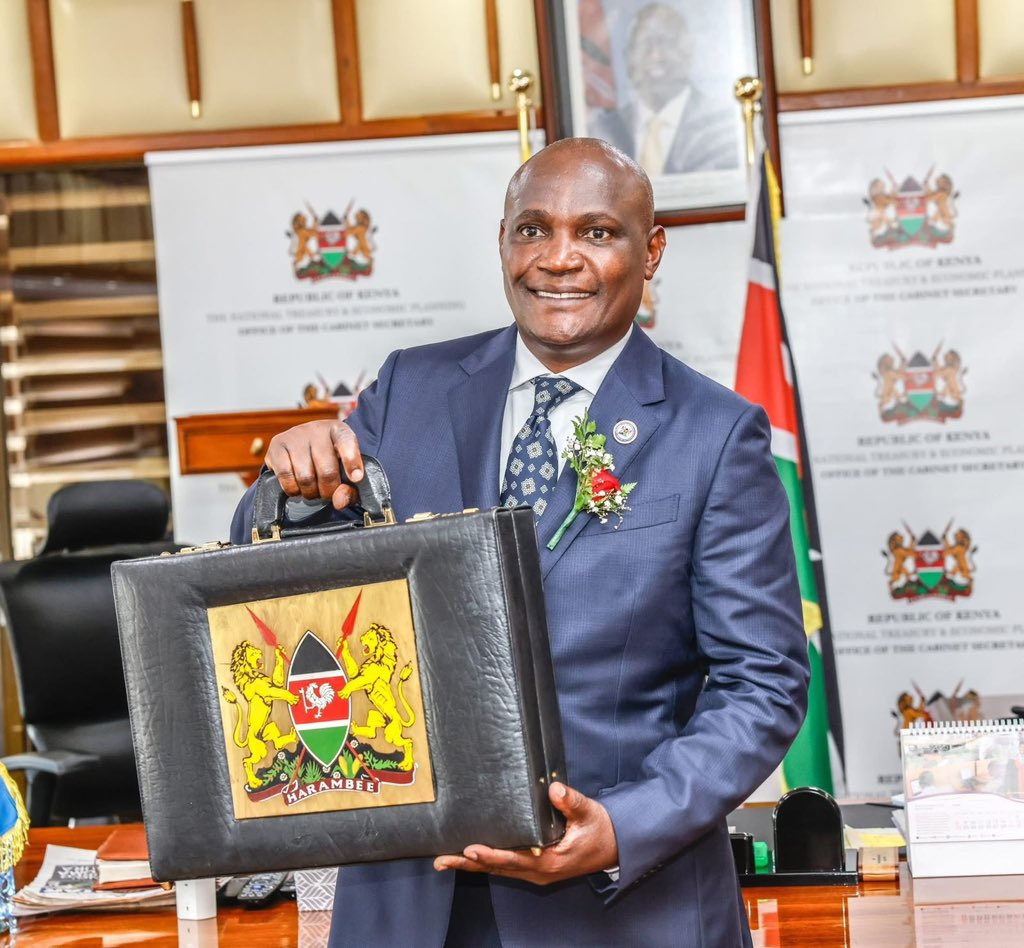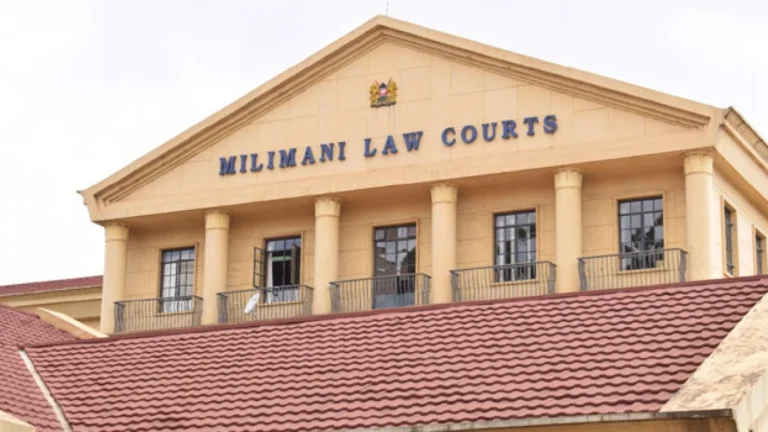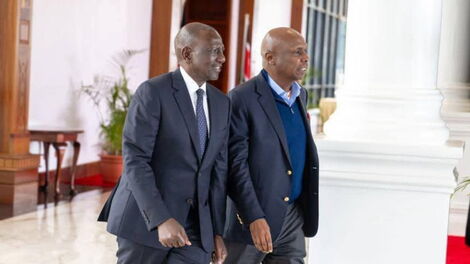
Kenya’s fiscal stability has been thrown into question after it emerged that the government missed its annual revenue collection target by a staggering KSh 91.2 billion, signaling a looming financial storm that could force the country into deeper borrowing.
Fresh figures from the National Treasury have revealed that the Kenya Revenue Authority (KRA) collected KSh 2.26 trillion in the 2024/2025 financial year, falling short of its revised target of KSh 2.35 trillion. The shortfall, announced just days before the close of the financial year, comes at a time when the government is under intense pressure to service mounting public debt, fund development projects, and meet recurrent expenditure.
The revenue miss is being interpreted by economists and policy analysts as a red flag that could accelerate Kenya’s dependence on both domestic and external borrowing, potentially worsening the country’s debt position.
“This is not just a minor miss. It’s a fiscal alarm bell. The government now has limited options — and all of them involve painful trade-offs,” said economist Kwame Owino of the Institute of Economic Affairs (IEA).

The latest revelations have further complicated the Treasury’s already difficult position, especially as Parliament recently approved a controversial Finance Bill that seeks to introduce a series of new taxes to plug budget deficits. The Bill has sparked public outrage and mass protests nationwide, with citizens decrying what they see as punitive levies imposed on an already burdened population.
According to sources within the Treasury, the revenue shortfall will now force the government to raise additional funds through increased borrowing — a move that will likely strain Kenya’s debt sustainability indicators and drive up interest payments.
In May 2025, Kenya’s public debt stood at KSh 11.2 trillion, accounting for over 70% of the country’s gross domestic product (GDP). With reduced donor support and declining investor confidence, analysts warn that the only available borrowing windows may come with higher interest rates and tighter conditions.
The failure to meet the revenue target is being attributed to multiple factors, including a slowdown in business activity, underperformance in key tax segments, and resistance from informal sectors to formal taxation. Value Added Tax (VAT), Pay As You Earn (PAYE), and corporate tax all registered lower-than-expected collections, according to preliminary KRA data.
In response, Treasury Cabinet Secretary Njuguna Ndung’u maintained that the government remains committed to fiscal consolidation, but admitted that the shortfall presents “serious challenges” to achieving the medium-term economic growth projections.
“We are in a difficult situation, but we are exploring all fiscal tools available to us. A combination of expenditure rationalization and strategic borrowing will be used to navigate this turbulence,” Ndung’u stated during a press briefing.
Meanwhile, critics are calling for urgent austerity measures and a review of government spending priorities. Civil society groups are demanding more transparency on debt management and expenditure planning, warning that unchecked borrowing could plunge Kenya into a full-blown debt crisis.
As the new financial year begins on July 1, all eyes are now on the Ruto administration’s ability to stabilize the economy, boost investor confidence, and avoid a deeper fiscal cliff.







